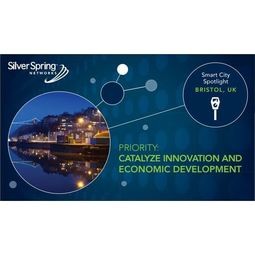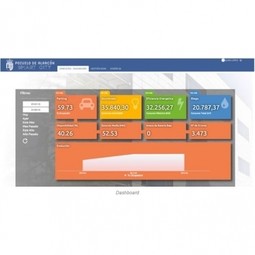Overview
 |
Smart City Operations |
Applicable Industries
Applicable Functions
Case Studies
Business Viewpoint
|
Efficient Resource Management: Implementing smart technologies enables municipalities to optimize resource allocation, such as energy, water, transportation, and waste management. This leads to cost savings, improved sustainability, and enhanced quality of life for residents. Enhanced Public Services: Smart City Operations improve the delivery of public services, including transportation, public safety, healthcare, and utilities. By leveraging data and technology, cities can provide more responsive, accessible, and citizen-centric services. |
Stakeholder Viewpoint
|
City Officials: City officials are responsible for planning, implementing, and overseeing Smart City initiatives. They aim to improve urban governance, address community needs, and enhance the overall livability and competitiveness of the city. Residents: Residents benefit from Smart City Operations through improved mobility, safety, environmental quality, and access to services. They expect transparency, accountability, and meaningful engagement in decision-making processes related to Smart City initiatives. |
Technology Viewpoint
|
IoT and Sensor Networks: IoT devices and sensor networks collect real-time data on various urban phenomena, such as traffic flow, air quality, temperature, and energy consumption. These data streams enable continuous monitoring and analysis of city dynamics. Integrated Platforms: Integrated technology platforms aggregate and integrate data from multiple sources, providing a holistic view of city operations. These platforms enable cross-domain analysis, visualization, and decision support for city officials and stakeholders. |
Data Viewpoint
|
Data Analytics: Advanced analytics techniques process and analyze data from various sources, including sensors, IoT devices, social media, and government systems. This enables cities to derive actionable insights, identify patterns, and make data-driven decisions to optimize city operations. Predictive Modeling: Predictive modeling uses historical data to forecast future trends, events, and potential issues, such as traffic congestion, air quality deterioration, or infrastructure failures. This proactive approach allows cities to anticipate challenges and implement preventive measures. |
Deployment Challenges
|
Infrastructure Investments: Smart City initiatives often require investments in digital infrastructure, including broadband networks, sensor installations, and data centers. Cities need to prioritize infrastructure projects that support the collection, processing, and dissemination of data. Public-Private Partnerships: Collaboration with private sector partners, technology vendors, academia, and community organizations is essential for successful deployment. Public-private partnerships facilitate innovation, leverage expertise, and share risks and rewards associated with Smart City initiatives. |





